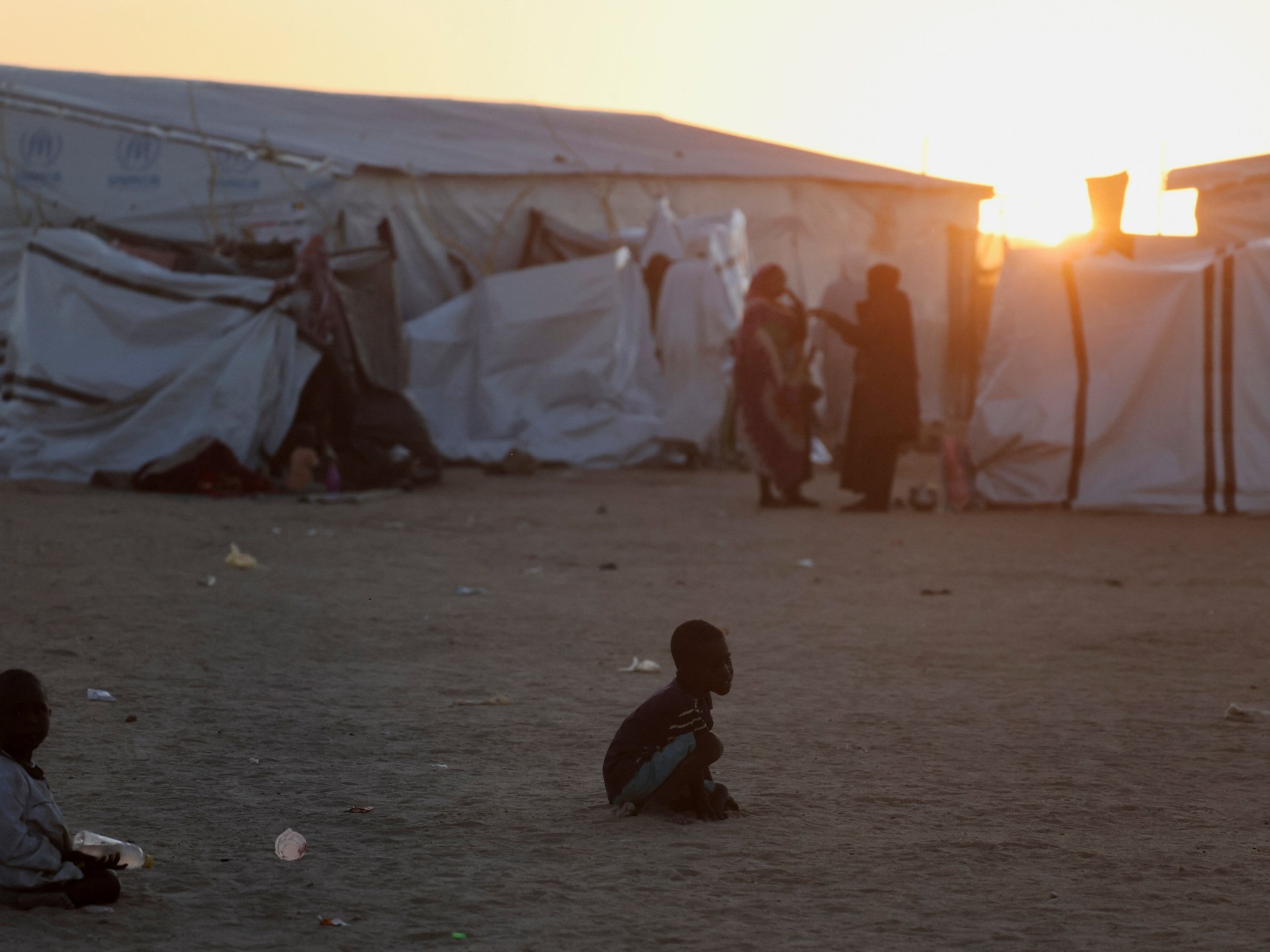Sudanese Flee Escalating War to Overwhelmed Chad: A Deepening Humanitarian Crisis
The devastating civil war in Sudan, which began in April 2023, continues to force millions from their homes, with thousands more arriving daily in neighboring Chad. This relentless influx is pushing Chad, an already impoverished nation, to the brink of a humanitarian catastrophe.
Unprecedented Displacement and Chad's Burden
Latest United Nations figures reveal that over 4.3 million Sudanese have sought refuge in neighboring countries since the conflict erupted between the government-aligned Sudanese Armed Forces (SAF) and the paramilitary Rapid Support Forces (RSF). Sudan is now grappling with the world's most severe displacement crisis, with nearly 12 million people uprooted by violence and famine within its borders.
While eastern Chad is perceived as a safer haven offering the prospect of food, the reality on the ground is stark. Chad itself is struggling, with approximately seven million people – half of them children – already dependent on humanitarian aid. The continuous arrival of refugees, swelling the number to over a million since the war began, intensifies the competition for essential resources like food, water, and shelter.
Economic Strain and Soaring Prices
In border towns like Tine, where dozens of families arrive daily, the economic strain is acutely felt. Local resident Abdulsalam Abubakar noted the drastic rise in prices, stating that money that once bought a substantial amount of food now buys significantly less. Traders, like Khadijah Kurgule, attribute this to the overwhelming demand, explaining that despite goods being available, affordability is a major barrier for both refugees and host communities.
Overwhelmed Infrastructure and Aid Challenges
The humanitarian situation is dire. Aid workers express concerns about potential friction between refugees and host communities due to resource scarcity. Water and aid distribution points are plagued by long queues, while hospitals and schools are severely overstretched. A UNHCR representative highlighted that 57 percent of the arriving Sudanese population are school-aged children, yet there are no adequate learning spaces or funds to recruit teachers.
The UN is attempting to alleviate the burden by relocating thousands of refugees to other areas, but aid agencies warn of a worsening crisis as the Sudanese conflict shows no signs of abating.
International Response: EU Sanctions Imposed
In a move to address the atrocities, the European Union recently imposed sanctions on Abdul Rahim Hamdan Dagalo, deputy leader of the RSF and brother to its commander, Mohamed Hamdan “Hemedti” Dagalo. The sanctions, which include a travel ban and asset freeze, target crimes committed during the storming of el-Fasher, signaling international accountability for those responsible.

